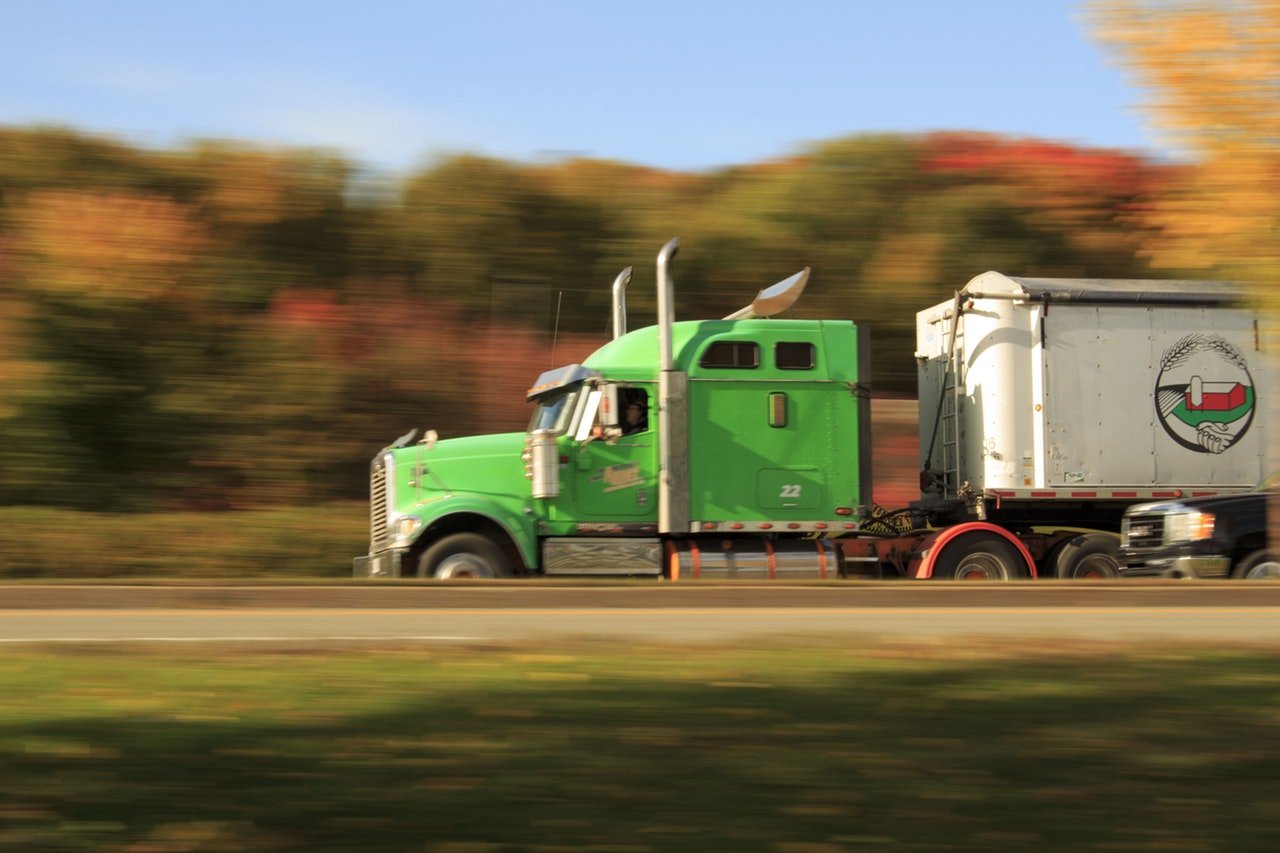In recent months, Uber chose to abandon their self-driving trucks division. This decision comes after a wake of negative publicity stemming from a high-profile self-driving car death in Arizona, even though Uber had laid out an ambitious vision for the future of self-driving trucks.
Interestingly, the New York Times wrote a profile piece highlighting Uber’s self-driving trucks that were hitting Arizona highways in March of 2018, the same state where the infamous and fatal self-driving car accident occurred the very same month.
For now, however, Uber has chosen to opt out of the self-driving truck industry, but an ambitious startup is aiming to fill the vacuum Uber is leaving behind.
Kodiak Robotics Seeking to Gain Share of Self-Driving Truck Market
In the fast-moving and often stealth world of the tech startup space, it can be difficult to keep track of the latest startup initiatives. However, Kodiak Robotics has boldly announced its presence by way of $40 million in investor-backed financing. The company is financed by Don Burnette, the same individuals who co-founded the Otto trucking startup that was acquired to further Uber’s truck ambitions in 2016.
In the world of automated self-driving vehicles, then, this news is noteworthy. Matters are made even more interesting by the fact that Burnette’s previous company, Otto, was acquired by Uber and led to a lawsuit from Waymo (now better known as Google’s self-driving car program).
Kodiak has yet to shed light on its vision for their self-driving truck startup, but it is clear that the tech sector has not abandoned the idea of self-driving trucks simply because Uber shelved their ambitions to seize market share of the self-driving truck space.
Are Self-Driving Trucks Ready for the Road?
It is clear the autonomous sector is bullish on the idea of moving full speed ahead with self-driving vehicles, including trucks and big rigs. The question, however, is whether large trucks and rigs are truly ready for the road. Yes, driving on the highway is a simpler matter (from an autonomous perspective) than driving on smaller streets with irregular turns and other complexities that are absent on the typical highway.
Even so, it is certainly clear that the trucking industry is far from ready for a completely driverless trucking system. At present, human truckers will still be needed to take over if and when the technology fails.
Uber, for its part, implements similar "safety drivers" for its fleet of self-driving cars, but these safety drivers are not foolproof. In the now-infamous Tempe accident, for example, the safety driver was watching Hulu at the time her intervention was needed to avoid hitting the pedestrian. This apparent act of negligence, sadly, led to the pedestrian’s death.
Some reports — including a study commissioned by the American Center for Mobility — have found that self-driving trucks are unlikely to replace truckers en masse before 2028, but the fact remains more self-driving trucks will likely be taking the road soon.
If you or a loved one has been injured by a self-driving truck, contact us online to discuss your right to compensation with a self-driving vehicle accident attorney at The Ledger Law Firm.

Emery Brett Ledger brings more than 27 years of experience to personal injury law. He founded & led The Ledger Law Firm in securing over $100 million in compensation for clients with life-altering injuries & complex claims. Licensed in California, Texas, & Washington, Emery earned his law degree from Pepperdine University School of Law. His practice areas include car & truck accidents, wrongful death, catastrophic injuries, maritime claims, & mass tort litigation. He has been recognized by The National Trial Lawyers’ Top 100, Mass Tort Trial Lawyers Top 25, and America’s Top 100 Personal Injury Attorneys. Emery also received the 2025 Elite Lawyer Award & holds a perfect 10.0 Avvo rating with Platinum Client Champion status. His legal work has been featured on CNN, Forbes, NBC, & ABC.



